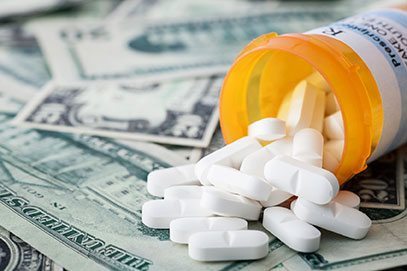
Record Increase in Drug Overdose Deaths, Big Pharma Settles
In our last blog article about the X-Waiver we said experts predicted that drug overdose deaths had increased during the COVID pandemic. Recent reports confirmed these predictions. The Centers for Disease Control and Prevention reported that drug overdose deaths increased by 30% in 2020, a total of 93,000 deaths. That’s the largest annual increase ever. Overdose deaths from opioids accounted for 75% of the deaths, while stimulants, and fentanyl also registered record increases.
Pending Pharma Settlement
Days after the news of the record increase in drug overdose deaths an article in Reuters on July 20 announced a pending $26 billion settlement of state Attorney Generals with pharmaceutical companies to remediate the opioid epidemic. The settlement is expected to be finalized within a week. Cardinal Health, McKesson, and AmerisourceBergen are distributors that are accused of lax controls that allowed opioids to be diverted to illegal channels. They are to pay out $21 billion. Pharmaceutical giant Johnson and Johnson is accused of downplaying the addictive quality of the opioids and is expected to pay five billion.
The $26 billion dollars is to be paid out over 18 years. Payments are to go to each of the 40 states that have signed on to the agreement. The actual amount that would go to each state is dependent on how many of the local governmental entities in each state that agree to the settlement. The $26 billion is the maximum payout, assuming every local entity signs on to the agreement. The payout is reduced when local city and county governments don’t participate.
State’s Decisions
Each state will choose how to distribute the money. We expect that the money will go to provide addiction treatment, education, and other health initiatives. We hope that states do choose to spend the money to address the opioid addiction epidemic, rather than put the settlement money into the general fund to shore up state budgets, as some states did with the tobacco settlement money years ago.
The settlement money can’t come soon enough. Once the money starts flowing to the states the next step will be to hold states accountable for spending the money appropriately. Given that the payout may be over 18 years, holding states accountable will be a long-term project. We are optimistic that the funding will increase the availability of addiction treatment and will reverse the rising trend of drug overdose deaths.